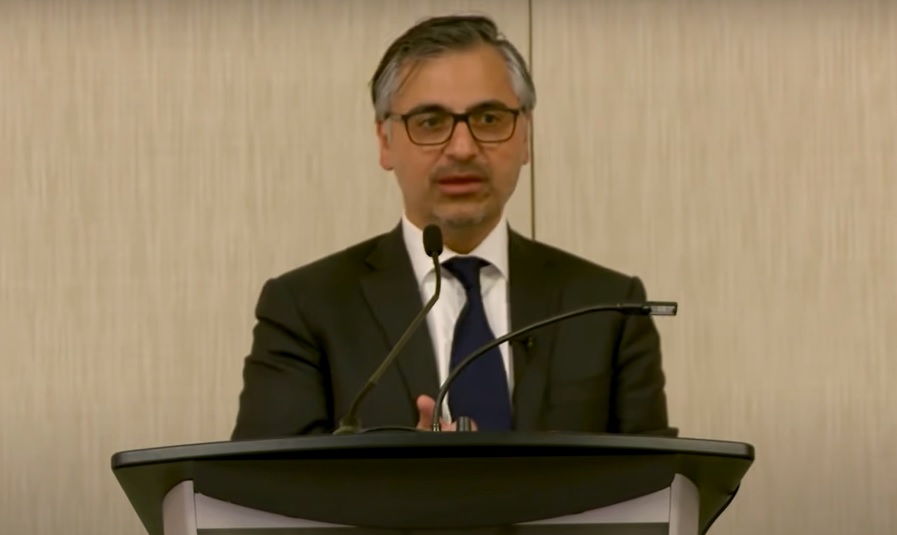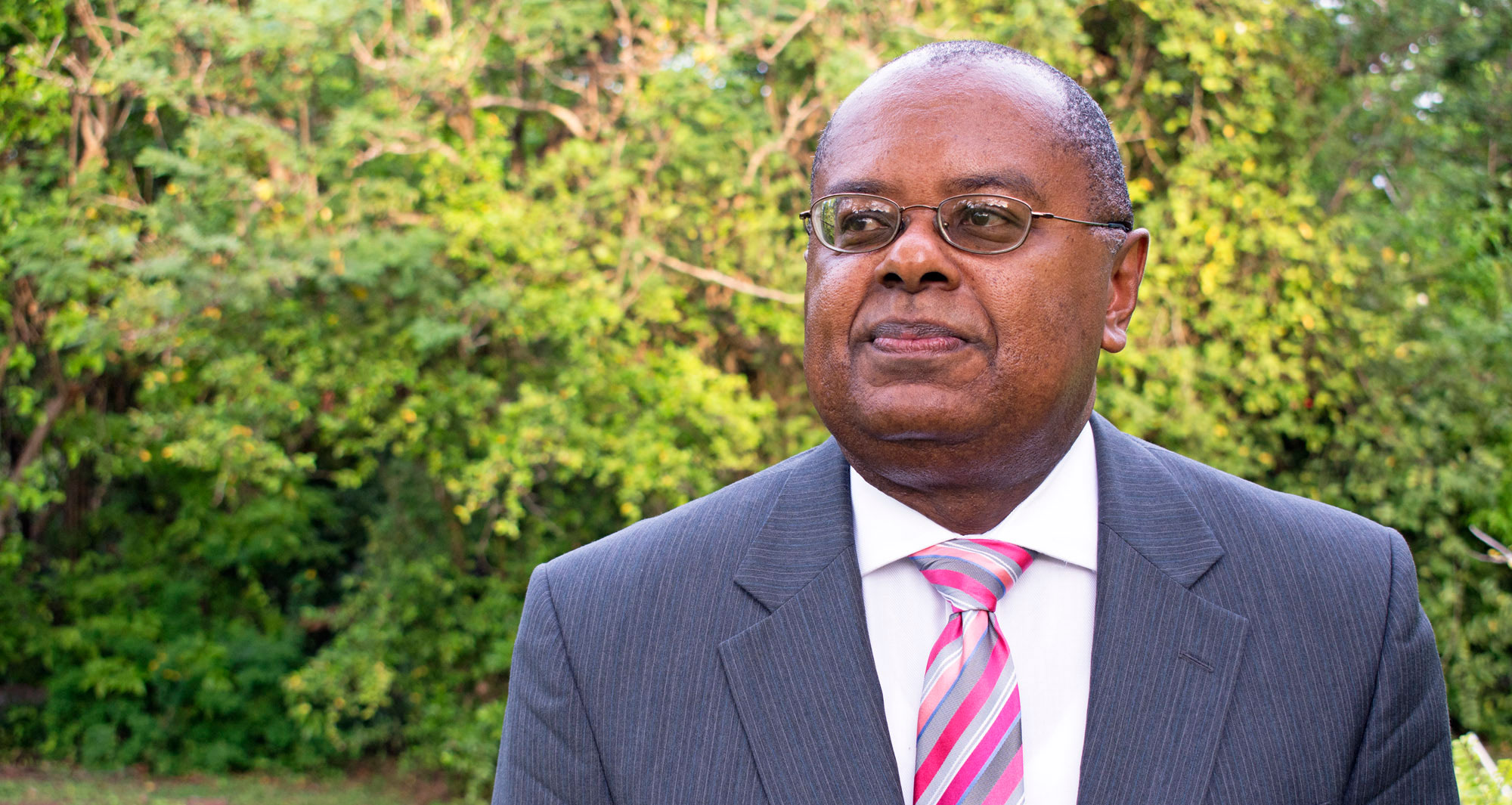A landmark Commonwealth Foundation event assesses the way forward for island nations experiencing the worst effects of the climate crisis
Tuesday, 15 February – experts, activists and decision-makers came together to discuss how small island states can secure redress for the damage caused by climate change.
Speakers acknowledged that small island states are being unfairly forced to absorb huge costs to account for the loss and damage caused by global warming, even though they are responsible for a tiny proportion of historical pollution.

Dr Payam Akhavan, legal counsel advising a new Commission of Small Island States which could launch legal claims against major polluting countries, explained:
“Where a state injures another state, it has a responsibility to pay reparations [but] the question of compensation isn’t just about money going into the pockets of those affected by climate change, it’s about major polluters changing their behaviour: it’s about deterrence.”
Thousands of individuals from all regions of the Commonwealth registered for the event to hear first-hand accounts from climate negotiators and government officials about the urgency of the situation.
The Prime Minister of Tuvalu, Kausea Natano, said:
“There is an obligation of due diligence not to cause harm to others, and to pay compensation where harm is caused my negligence and wilful disregard for the rights of other nations. Why shouldn’t this principle apply to greenhouse gas emissions, that are destroying our small island states?”
Mohamed Nasheed, Speaker of the People’s Majlis, Maldives, said of the public debt owed to the international community by climate vulnerable countries such as the Maldives:
“The IPPC is clearly saying that the bad weather is because of carbon emissions. This bad weather has washed away the road, taken away the house, has taken away the school, and destroyed the harbour that we built [with loans].”
“For every ten dollars climate vulnerable countries pay on interest payments of the debts we took, we have to pay another dollar because of climate impacts. This is injustice piled on injustice and adds to the moral and economic case for urgent debt relief.”

Dr James Fletcher, former chief climate change negotiator for Saint Lucia who played a pivotal role in negotiating the Paris Agreement on behalf of the Caribbean at COP21, commented:
“The political temperature needs to be increased and we need other countries to understand the dire situation we face. There is a need for not just dialogue but significant financial support to these countries. It’s a life and death issue for small island states”
Sabra Noordeen, Special Envoy for Climate Change for the Maldives, added:
“There is less space now to brush “loss and damage” away as there used to be because of power of civil society and small island states [but] we would like to see more finance directed towards actual projects and work on the ground rather than technical consultations and reporting”
Director-General of the Commonwealth Foundation, Anne Gallagher, believes action on climate change will not happen without the active engagement of Commonwealth citizens:
“The Commonwealth Foundation stands in solidarity with the small island states of the Commonwealth—and the people of these vulnerable countries. We acknowledge a special duty to support and advocate for the interests of small island states—which make up nearly half of the Commonwealth’s total membership.
“These challenges cannot be addressed by governments alone. Civil society must be actively involved at all levels of discussion, of debate, of policy formation and decision-making.”
SOURCE: COMMONWEALTH FOUNDATION/PACNEWS

















